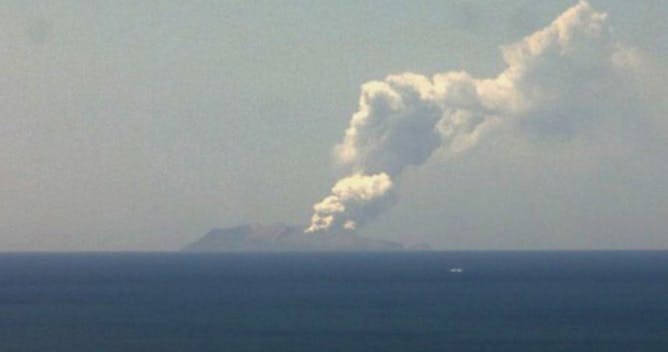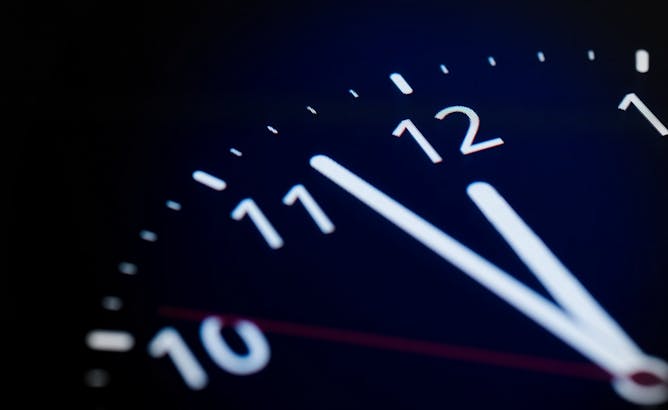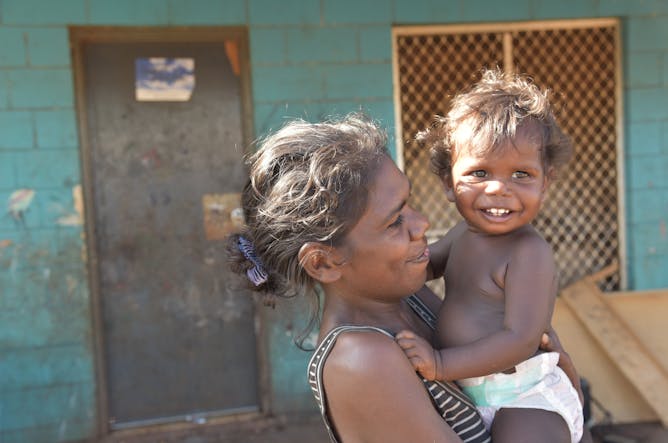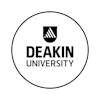|
|
|
Editor's note
|
|
Australians and New Zealanders alike were in shock yesterday afternoon after news of a sudden volcanic eruption on White Island, off the New Zealand coast. Five people have been confirmed dead and eight more are unaccounted for, with police not expecting to find any more survivors. Prime Minister Jacinda Ardern is heading to the site and said police and emergency agencies are doing all they can.
But why did this happen, and without warning? As University of Auckland volcanologist Shane Cronin explains, the event was triggered when super-heated water trapped in rocks was released into a steam-driven eruption, at supersonic speed. This can cause catastrophic impacts, and there’s no sure way to see it coming.
|
Veronika Meduna
New Zealand Editor
|

|
|
Top stories
|

The sudden eruption at White Island was short-lived but produced an ash plume that rose several kilometres above the vent.
GNZ Science
Shane Cronin, University of Auckland
Five people have died and several remain unaccounted for after a sudden volcanic eruption on Whakaari/White Island off the east coast of New Zealand.
|

AAP (various)/The Conversation
Tony Walker, La Trobe University
Around the world, frustrations about growing inequality and inadequate responses to climate change are fuelling protests – and these are likely to grow bigger and more violent in the next year.
|

The World Trade Organization will be defanged but not dead. It’s in Australia’s interest to keep it alive.
Shutterstock
Lisa Toohey, University of Newcastle; Markus Wagner, University of Wollongong
The World Trade Organization will lose its teeth from midnight. We are entering a world with unenforceable rules.
|

Rates of resistance to the bacteria commonly known as golden staph are at least double in remote Indigenous communities what they are in Australia’s major cities.
Lucy Hughes Jones/AAP
Asha Bowen, Telethon Kids Institute; Steven Tong, The Peter Doherty Institute for Infection and Immunity
Antibiotic resistance is one of the greatest health challenges of the modern day. It's especially prevalent, and must be acted on, in Australia's remote Indigenous communities.
|
Business + Economy
|
-
Mark Humphery-Jenner, UNSW
Westpac's 154 page financial statement will be a challenge for shareholders attending Thursday's annual general meeting. In the early 2000s, it was only 35 pages.
|
|
Health + Medicine
|
-
Holly Thorpe, University of Waikato; Katie Schofield, University of Waikato; Stacy T. Sims, University of Waikato
Top US runner Mary Cain has revealed her health was ruined by being told to lose weight for performance.
-
David King, The University of Queensland
It's a surprisingly common question. Here's what you need to know.
|
|
Education
|
-
Alan Reid, University of South Australia
PISA tests only three subjects that aren't representative of an entire education system. Meanwhile, the test conditions are different across countries and comparisons are fraught.
|
|
Arts + Culture
|
-
Aaron Burton, University of Wollongong
Blade Runner was set in November, 2019. What happens now that we live in the future?
-
Daniela Kaleva, Australian Institute of Music
Vivaldi's Farnace is a masterpiece of 17th century opera, but has been largely forgotten. This new production is the best revival production by Pinchgut Opera yet.
|
|
Science + Technology
|
-
Jean-Philippe Deranty, Macquarie University
As machine automation and artificial intelligence surge, there's paranoia our jobs will be overrun by robots. But even if this happens, work won't disappear, because humans need it.
|
|
Cities
|
-
Eric Keys, RMIT University; Chris De Gruyter, RMIT University; Graham Currie, Monash University
Transport modelling has been tarnished by its use to justify the predetermined projects politicians favour. But, if used more transparently, it's a valuable tool for planning our future cities.
|
|
Politics + Society
|
-
Merja Myllylahti, Auckland University of Technology
Hundreds of jobs are at risk and the quality of news is under threat as New Zealand's broadcasting media face closures, sales and restructuring in the biggest overhaul in a decade.
-
Dominic O'Sullivan, Charles Sturt University
The ability to remove an Indigenous person from their traditional country shows how Australia is still asserting colonial power over the identity of its First Peoples.
-
Michelle Grattan, University of Canberra
In this podcast, Andrew Hastie speaks with Michelle Grattan about growing concerns over Chinese influence in Australian politics, security clearances for politicians and the mental health of veterans.
-
Michelle Grattan, University of Canberra
The Australian Election Study, done after every federal election, has found voter trust at rock bottom levels.
|
|
| |
Featured jobs
|

|
University of Melbourne — Parkville, Victoria
|

|
RMIT University — Melbourne, Victoria
|

|
Deakin University — Waurn Ponds, Victoria
|

|
La Trobe University — Bundoora, Victoria
|
|
|
|
Featured events
|

|
Melbourne Burwood Campus, 221 Burwood Highway,, Burwood, Victoria, 3125, Australia — Deakin University
|

|
49 Glebe Point Rd, Glebe, Sydney, New South Wales, 2037, Australia — The Conversation
|

|
Kolling Institute of Medical Research, Kolling Auditorium, Level 5, Building 6, Royal North Shore Hospital, 10 Westbourne Street , St Leonards, New South Wales, 2064, Australia — University of Sydney
|
|
|
|
| |
| |
| |
| |
| |
|
|
|
|
|
|
|